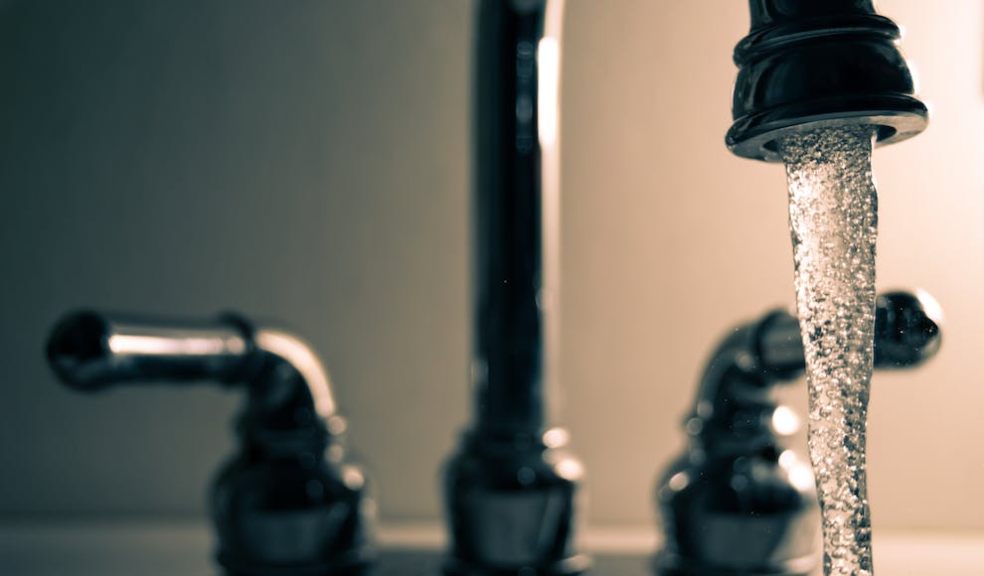
Am I Being Overcharged for My Business Water? How to Tell
Am I Being Overcharged For My Business Water? If you are concerned that you may be paying more than you should for your business water, it's essential to ensure that you are not being overcharged and are only paying for the water your business uses.
In this article, we will guide you on determining if you are being overcharged and provide tips on what steps you can take to address the issue. We'll discuss how to solve issues with your current water supplier and how to find a new, trusted water retailer.
Stay tuned as we delve deeper into this topic to help ensure fair billing practices for your business water supply in the UK.
#1 Understanding Water Tariffs and Charges
Understanding water tariffs and charges can help determine if you're overcharged for your business water. It's important to familiarise yourself with the different types of tariffs available.
Fixed charges are a set fee that remains constant regardless of water usage. Volumetric charges, however, are based on the water you consume. Surface drainage charges cover the cost of rainwater runoff from your premises.
By analysing your bills and comparing them to industry standards, you can identify any discrepancies in pricing. This will help you assess whether you're fairly charged for your business water consumption.
#2 Calculating Your Water Usage
To accurately determine if you're paying too much for your business water usage, calculate how much water you consume. This can be done by reviewing your water bills and identifying the volume of water used during each billing period.
Remember that water is typically measured in cubic meters (m3) or litres (L). Once you have this information, calculate your average daily water consumption by dividing the total volume by the number of days in the billing period. This will give you an idea of your baseline usage.
Additionally, consider seasonal variations or any changes in operations that may affect your consumption. By understanding your actual water usage, you can compare it to the charges on your bill and identify if there are any discrepancies or potential overcharges.
If you have noticed your bills increasing but haven't been using any extra water, check for leaks or spillages. Sometimes leaks go undetected and create an over-usage of water, which could increase your bills!
#3 Comparing Your Bills to Industry Standards
Once you've calculated your water usage, comparing your bills with industry standards is crucial to ensure you're paying only what is necessary. To do this, consider the following:
Check for significant differences between your bill and the average bills of similar businesses in your industry. You can use sites like Trustpilot to see how other customers are experiencing their services.
- Look for any unusual or unexpected charges on your bill that could drive up the cost.
- Compare the overall cost per water unit (price per cubic metre) with the average price in your area to see if you're being overcharged.
- Take note of any changes in your water consumption patterns and investigate if they align with any increases in charges on your bill.
By comparing your bills to industry standards, you can identify whether or not you're being overcharged for your business water and take appropriate action if needed.
#4 Identifying Common Overcharging Practices
Spotting common overcharging practices can help you save money on your business water bills. One common practice is including unnecessary charges in your bill. Check for any fees that seem excessive or unrelated to your water usage, such as administration fees or maintenance charges.
Another common tactic is using estimated readings instead of actual metre readings. To ensure accuracy, compare your bill with the actual metre reading.
Additionally, watch for incorrect tariff rates being applied to your account. Some suppliers may charge you more than you should pay based on your business size or type.
By familiarising yourself with these common overcharging practices, you can take proactive steps to ensure you're not overcharged for your business water.
#5 Seeking Professional Advice and Assistance
Consider consulting with a professional water management expert who can provide valuable advice and assistance in optimising your business's water usage and ensuring accurate billing.
They have the knowledge and expertise to analyse your current water consumption patterns, identify potential overcharging areas, and recommend strategies for reducing costs.
These experts can also help you negotiate with your water supplier or challenge any inaccurate charges on your behalf.
By seeking their professional guidance, you can better understand your business's water usage and make informed decisions to save money in the long run.
So, Am I Being Overcharged For My Business Water?
In conclusion, if you suspect that you're being overcharged for your business water, there are several steps you can take to determine whether this is the case.
Start by understanding water tariffs and charges specific to your region and industry. Then, calculate your water usage accurately to compare it against your bills. If you find discrepancies, compare your bills to industry standards and look for common overcharging practices.
If you still have doubts or need further clarification, feel free to seek professional advice and assistance from experts in the field. They can help analyse your bills, identify potential overcharges, and guide you through resolving the issue with your water provider.
Remember, it's important to ensure you're being billed correctly for your business water usage, so take proactive steps to protect yourself from unnecessary expenses.












